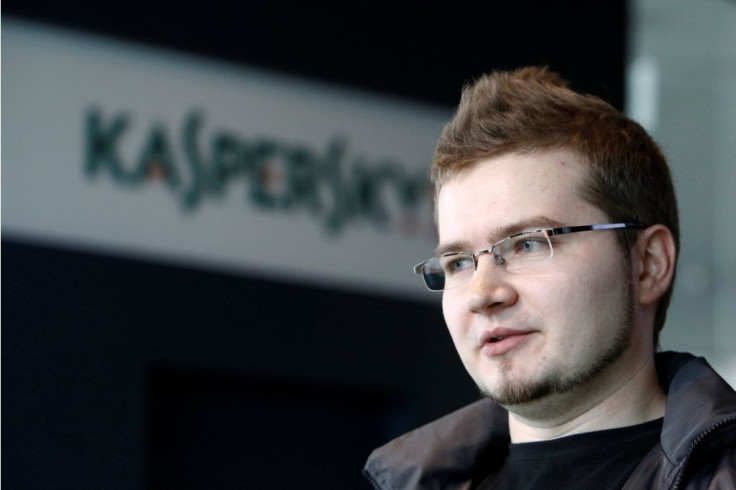US Security Agency Spies On Home Computers, Nuclear Researchers & Military Institutions In 30 Countries -- Report

Kaspersky Lab claimed in a report that U.S. security services had developed software to eavesdrop on home computers around the world. According to the Moscow based cyber security company, the spying software has been planted in 30 countries.
Kaspersky said that the most infected personal computers had been found in Iran, Russia, Pakistan, Afghanistan, China, Mali, Syria, Yemen and Algeria. The company claimed that the spying had been targeted for telecommunication companies, military institutions, government organisations, energy companies, Islamic activists, media, nuclear researchers and banks.
Kaspersky made the details public on Monday. The technical details are supposed to help infected organisations find out the spying program. U.S. security services have already suffered damage in recent past due to massive leaks by whistle-blower Edward Snowden. While Showden’s revelations have affected the U.S. relation with some of its allies, Kaspersky’s disclosure may create further trouble.
Kaspersky, on the other hand, refused to disclose the name the country responsible for the spying program. However, the Russian company said that the program had been closely linked to Stuxnet. The NSA-led cyber-weapon was earlier used to attack Iran's uranium enrichment facility. The U.S. gathers electronic intelligence through the NSA.
Reuters reports that, according to a former NSA employee, Kaspersky has made a correct analysis. The former employee has said that some people in the intelligence agency still value such spying programs as highly as Stuxnet. According to another former intelligence operative, the NSA did develop the technique to hide spyware in personal hard drives. He, nevertheless, said that he was not aware which spy efforts had relied on it.
Kaspersky called the group responsible behind the cyber-attack as “the Equation group.” The name is given because of the encryption used in the attacks. According to experts, the group which has been active at least since 2001 “is probably one of the most sophisticated cyber-attack groups in the world,” Kaspersky’s report says.
According to Peter Swire, one of the five members of U.S. President Barack Obama's Review Group on Intelligence and Communications Technology; there can be serious negative effects on other U.S. interests. NSA spokesperson Vanee Vines declined to comment.
Read the complete report HERE.
Related: Cyber Criminals Rob US$1B From 100 Banks
Contact the writer: s.mukhopadhyay@IBTimes.com.au




















